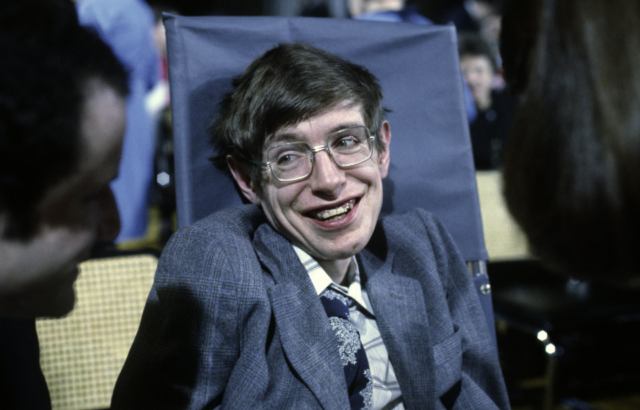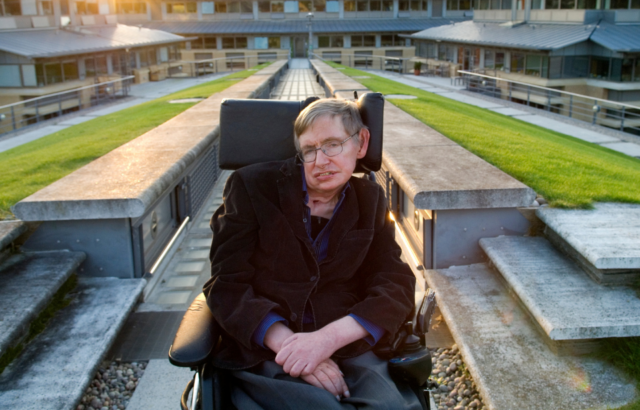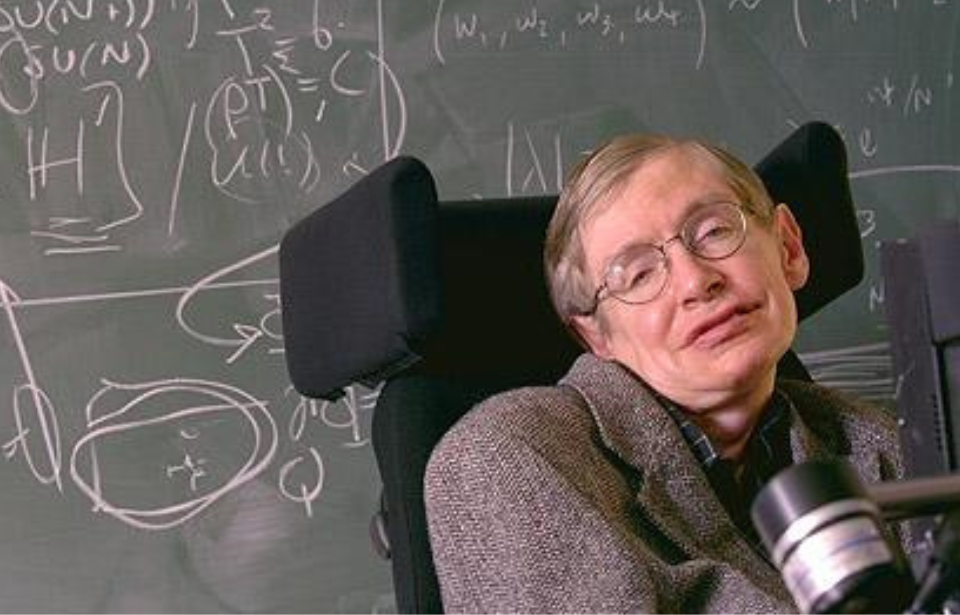Stephen Hawking, the renowned theoretical physicist, cosmologist, and author, had a complex and nuanced perspective on the concept of God. Throughout his life, Hawking made significant contributions to our understanding of the universe and its origins, often exploring questions that intersected with religious and philosophical beliefs.
While he did not outright dismiss the existence of God, his scientific explorations and rational thinking led him to adopt an atheistic stance. Following his death, his family shared one final act of kindness in his name, one he would have been happy with and certainly would have made him laugh.
Stephen Hawking on God
Hawking’s views on God can be traced back to his scientific investigations, particularly in the fields of cosmology and theoretical physics. His most famous work, A Brief History of Time, captured the attention of both scientists and the general public.
In this book, Hawking laid out his cosmological theories, discussing the Big Bang, black holes, and the nature of time. These scientific explanations provided a naturalistic framework for understanding the universe, which challenged traditional religious narratives.

One of Hawking’s key arguments against the existence of a traditional deity was rooted in the scientific principle of causality. He questioned the need for a divine creator to explain the origins of the universe, positing that the laws of physics alone could account for the emergence of the cosmos.
According to Hawking, the universe’s initial singularity, the point of infinite density and temperature from which it originated, did not require divine intervention but could be understood through the laws of quantum physics. He concluded his first book by stating, “It would be the ultimate triumph of human reason – for then we would know the mind of God.”
As he stated in a 2014 El Mundo interview, quoted in The Washington Post, “Before we understand science, it is natural to believe that God created the universe. But now science offers a more convincing explanation. What I meant by ‘we would know the mind of God’ is we would know everything that God would know if there were a God, which there isn’t.”
He reiterated his views in the conclusion of another book, Brief Answers to the Big Questions, by saying, “There is no God. No one directs the universe.” This was actually the first time he had said clearly and directly that there was no divine being.
An olive branch and final act of kindness
Despite saying that he was an atheist, Hawking did extend an olive branch. He said, “I believe the universe is governed by the laws of science… The laws may have been decreed by God, but God does not intervene to break the laws.” He also said, “If you like, you can call the laws of science ‘God,’ but it wouldn’t be a personal God that you could meet and ask questions.”

Hawking died on March 14, 2018. His final act of kindness came shortly afterward. Hawking’s family paid for a charity Easter lunch held at a church in his home city of Cambridge, England. On the table was a note which read, “Today’s lunch is a gift from Stephen. From the Hawking family.”
More from us: A Near-Fatal Train Crash Left Charles Dickens Traumatized for the Rest of His Life
Stephen Hawking’s family said that they wanted to do something positive for the community and believed that it was what he would have wanted. The fact that the generous act took place in a church would have likely brought a smile to his face.
